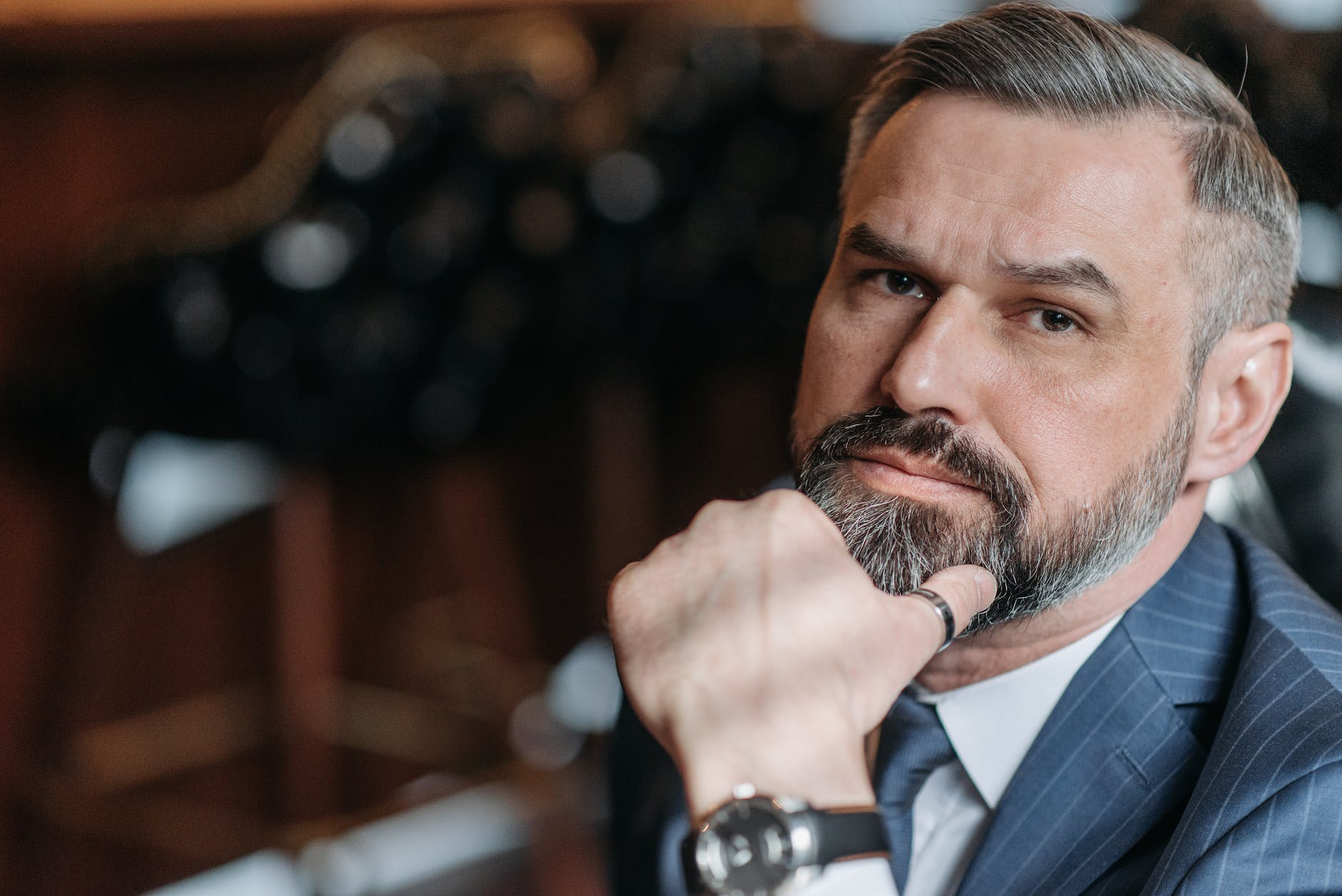Leadership
About the Series Organizational Behavior as Applied to an Engineer’s Career Rice University, a premier U.S. institution, has the copyright on this research-grade source information. Authored by 12 of the brightest university minds, along with 30+ reviewing university personnel, this …
About the Series Organizational Behavior as Applied to an Engineer’s Career
Rice University, a premier U.S. institution, has the copyright on this research-grade source information. Authored by 12 of the brightest university minds, along with 30+ reviewing university personnel, this is a masterpiece on the science of organizational behavior.
Organizational behavior is an ever-evolving field of management. The series is designed sequentially and in subject matter to comprise an introductory course in Organizational Behavior. What variables are involved that affect how, when, where, and why managers perform their jobs. Managers at varying organizational levels that have effectively and efficiently met and exceeded objectives – what theories do they hold? What techniques do they use? Management is a broad business area of study, and the series addresses various topics such as individual behavior at work, group behavior at work, communication among co-workers, managing conflict and negotiation in the workplace.
PDH Hours
PDH: 2 hr
Course Objectives
After taking this course, you should know:
- What is the nature of leadership and the leadership process?
- What are the processes associated with people coming to leadership positions?
- How do leaders influence and move their followers to action?
- What are the trait perspectives on leadership?
- What are the behavioral perspectives on leadership?
- What are the situational perspectives on leadership?
- What does the concept “substitute for leadership” mean?
- What are the characteristics of transactional, transformational, and charismatic leadership?
- How do different approaches and styles of leadership impact what is needed now?
Curriculum
- 2 Sections
- 10 Lessons
- 52 Weeks
- Attribution1
- 12.0 Course Body19
- 2.212.1 The Nature of Leadership11 Minutes
- 2.3Concept Check 12.110 Minutes1 Question
- 2.412.2 The Leadership Process16 Minutes
- 2.5Concept Check 12.210 Minutes1 Question
- 2.612.3 Leader Emergence21 Minutes
- 2.7Concept Check 12.310 Minutes1 Question
- 2.812.4 The Trait Approach to Leadership15 Minutes
- 2.9Concept Check 12.410 Minutes1 Question
- 2.1012.5 Behavioral Approaches to Leadership11 Minutes
- 2.11Concept Check 12.510 Minutes1 Question
- 2.1212.6 Situational (Contingency) Approaches to Leadership19 Minutes
- 2.13Concept Check 12.610 Minutes1 Question
- 2.1412.7 Substitutes for and Neutralizers of Leadership9 Minutes
- 2.15Concept Check 12.710 Minutes1 Question
- 2.1612.8 Transformational, Visionary, and Charismatic Leadership14 Minutes
- 2.17Concept Check 12.810 Minutes1 Question
- 2.1812.9 Leadership Needs in the 21st Century8 Minutes
- 2.19Concept Check 12.910 Minutes1 Question
- 2.20Course Test20 Minutes9 Questions







